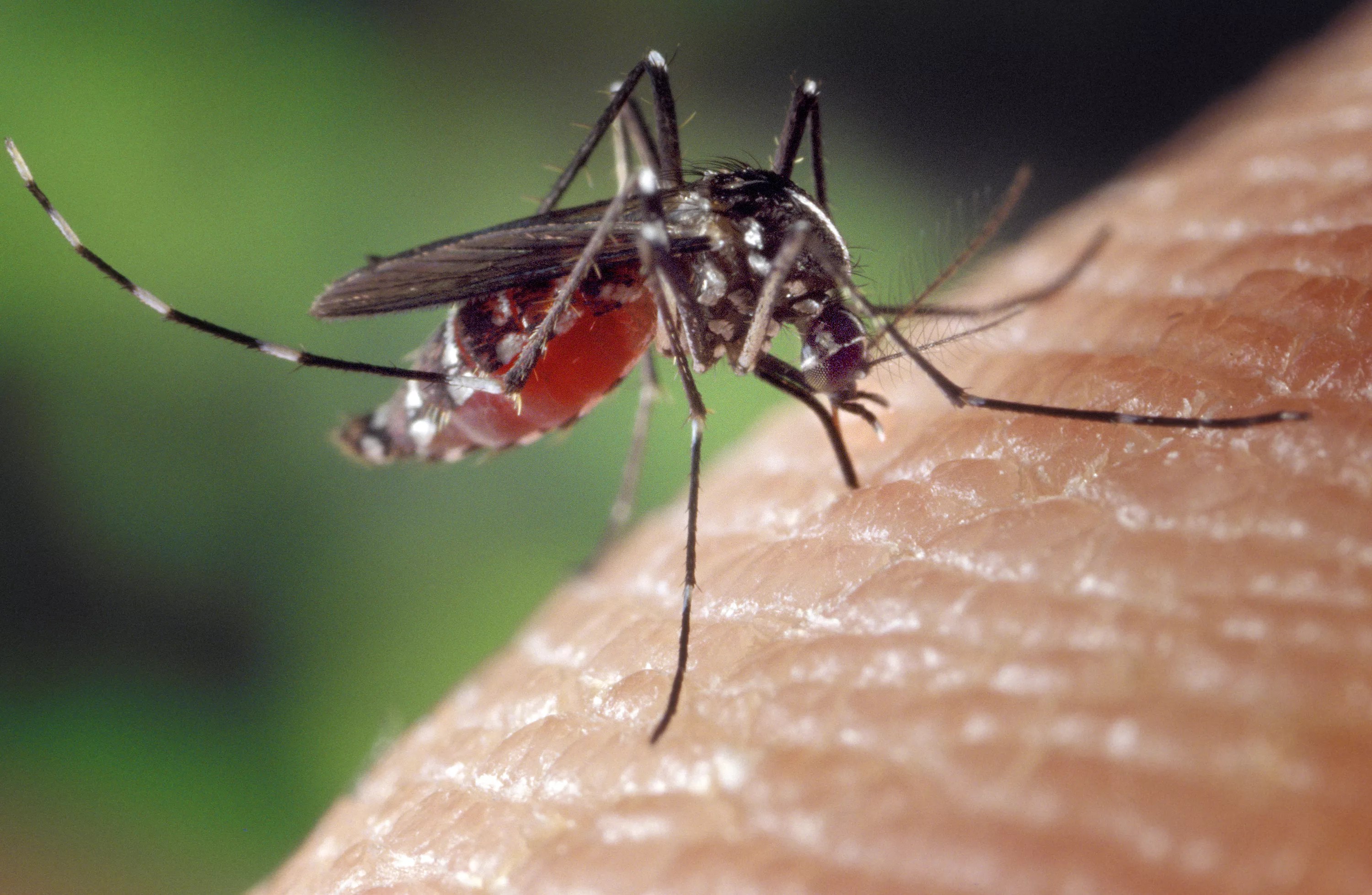
flickr via CDC Global

Audio By Carbonatix
Almost a year ago, the Florida Department of Health announced Wynwood was ground zero for Zika, the only place in the United States where the virus was being spread by mosquitoes. Soon after, the CDC began telling pregnant women to avoid traveling to the area, and a kind of panic hit local streets.
Wynwood business owners said at the time that their sales were suffering. Now, for the first time, research shows just how hard Zika hit the neighborhood’s economy.
The study by Florida International University’s Robert Stempel College of Public Health & Social Work surveyed businesses and found that 91 percent lost revenue after the outbreak and 84 percent saw fewer customers. Two-thirds reported their revenues were at least 20 percent lower than the same time the previous year, and some reported losses as high as 40 percent
“For small businesses in particular, that’s substantial,” says lead researcher Timothy F. Page, an associate professor at FIU’s Department of Health Policy and Management. “If you sort of struggle to make payroll week after week, that can be a devastating blow.”
Forty-four companies, including 14 restaurants, four bars, 12 retail stores, nine art galleries, and five other businesses, were surveyed between August 15 and October 19 for the study, which will be published this summer in Disaster Prevention and Management: An International Journal. The companies were asked about their perceptions of revenues, profits, foot traffic, sales prices, inventories, staffing, and expectations for the future.
Despite the downturn in sales, few business owners changed their prices, inventories, or staffing, the study shows. Thirty-six percent decreased prices, 5 percent laid off employees, and 27 percent reduced their inventories.
“This lack of response to the business declines is likely due to the positive outlook that most businesses had about the future,” researchers write. Eighty-four percent of the businesses told surveyors they expected their revenues to climb in the next three months, and 98 percent expected customer volume to increase.
All of the businesses reported that the state and local governments provided little information to them about what to expect or do in response to the outbreak and were unresponsive to their concerns. The vast majority (98 percent) also thought the media’s coverage was too sensational.
“We need to recognize that not only are there health impacts… but there’s also an economic impact,” Page says. “So we need to be sort of putting resources toward minimizing that damage as well.”